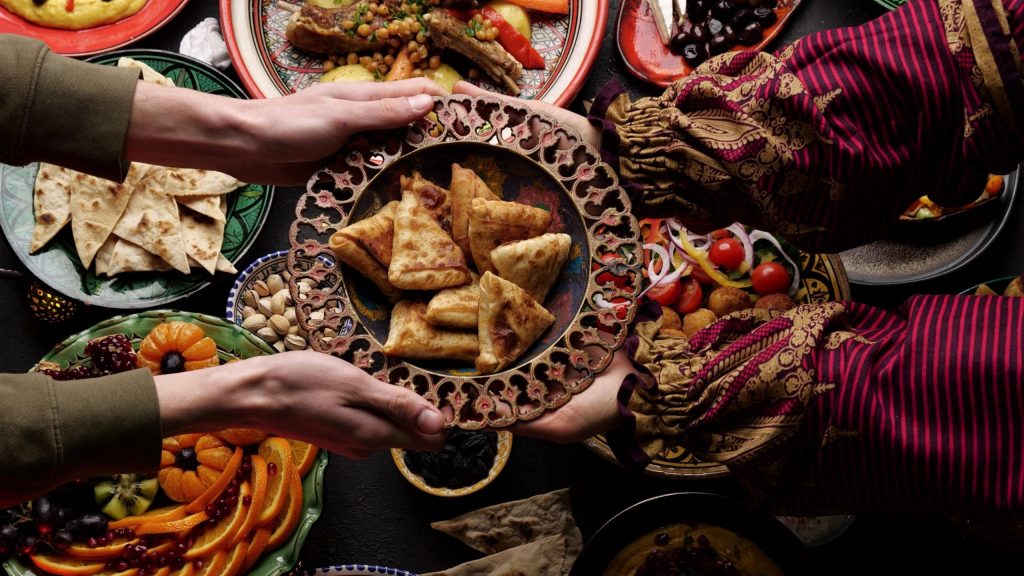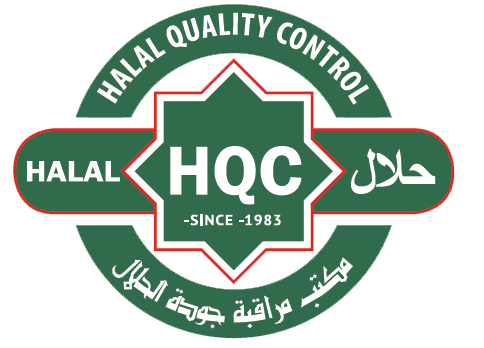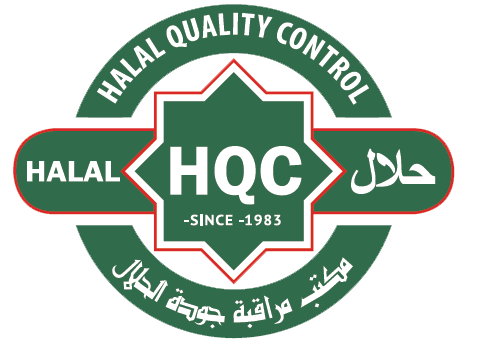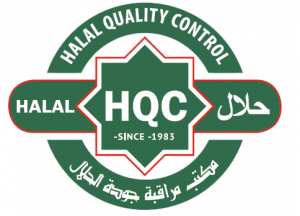What is Halal

What does Halal mean?
And what does his opponent Haram mean?
In Islam, there is a distinction between permitted (halal) and forbidden (haram) foods. These regulations have both religious and ethical backgrounds.
Permissible foods are those properly prepared according to religious norms. In addition to meat, this also includes eating vegetables, fruit, dairy products and cereals, provided they are not mixed with prohibited substances such as alcohol. By paying attention to halal food, Muslims should act responsibly and respect God's creation.
Halal is a term that can refer to foods that are permitted under Islamic regulations. The term comes from Arabic and literally translated means "allowed" or "permissible". Halal food is preferred by Muslims as they adhere to certain religious precepts when choosing their food to ensure purely moral and ethical behavior.
One of the basics of Halal food is that it must not contain any prohibited substances, such as alcohol or pork. Furthermore, no animal by-products such as gelatine or enzymes from animals that were not slaughtered halal may be used. Certain animals are also not suitable for consumption by Muslims, such as predators or scavengers.
Halal food can be very diverse and can be implemented in every kitchen in the world. Therefore, to ensure that food is halal, it is advisable to look for certificates issued by qualified bodies. Also, in many Islamic communities there are special halal grocery stores where you can buy halal food. Many large food chains now also offer special products for Muslims to meet the need for halal food.
Haram foods are forbidden in Islam. The term "haram" literally means "forbidden" or "inadmissible". These foods are either explicitly forbidden in the Koran or the Sunnah (the tradition of the Prophet Muhammad) or they are considered impure, unhealthy or unethical.
Haram foods primarily include pork and alcohol. The consumption of blood or blood products is also forbidden, as this is considered impure. For Muslims, compliance with the regulations regarding haram foods is an important aspect of their religious practice. By sticking to a halal diet, they want to ensure that they act morally and ethically and keep themselves physically and mentally healthy.
Compliance with these regulations is not only a religious imperative, but can also be seen as good practice in terms of health and environmental protection.


